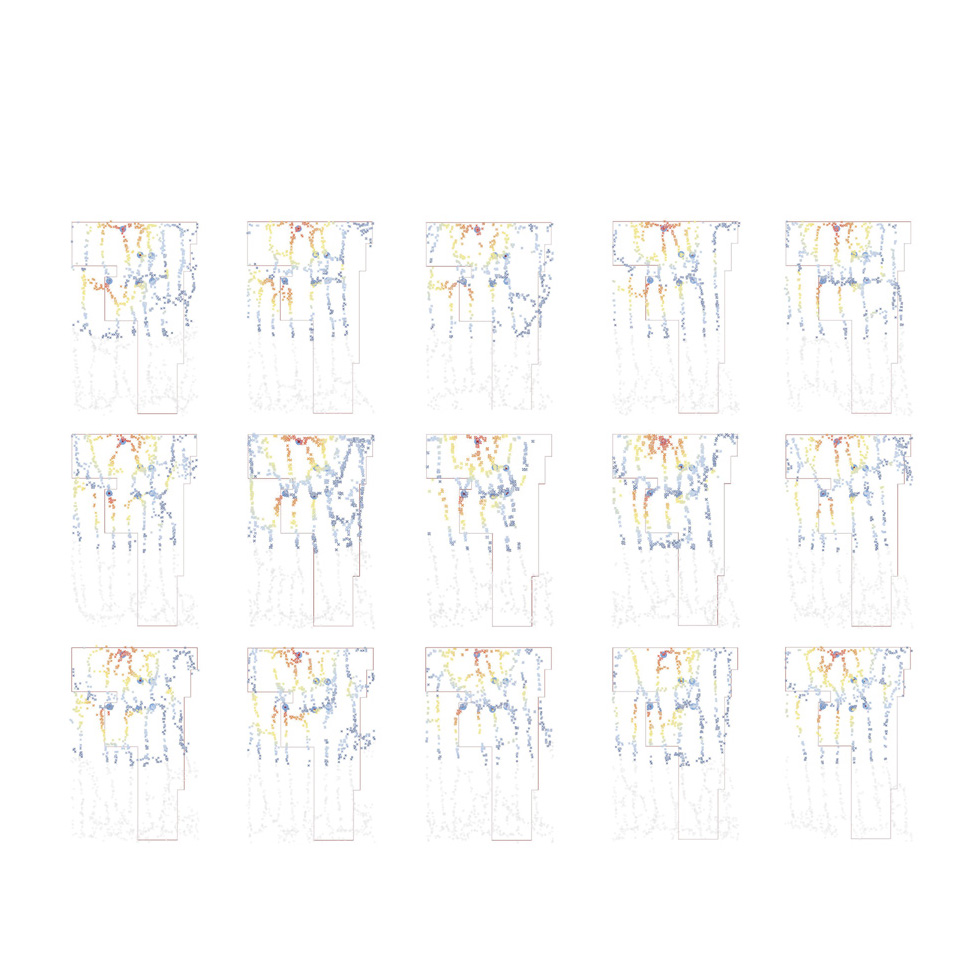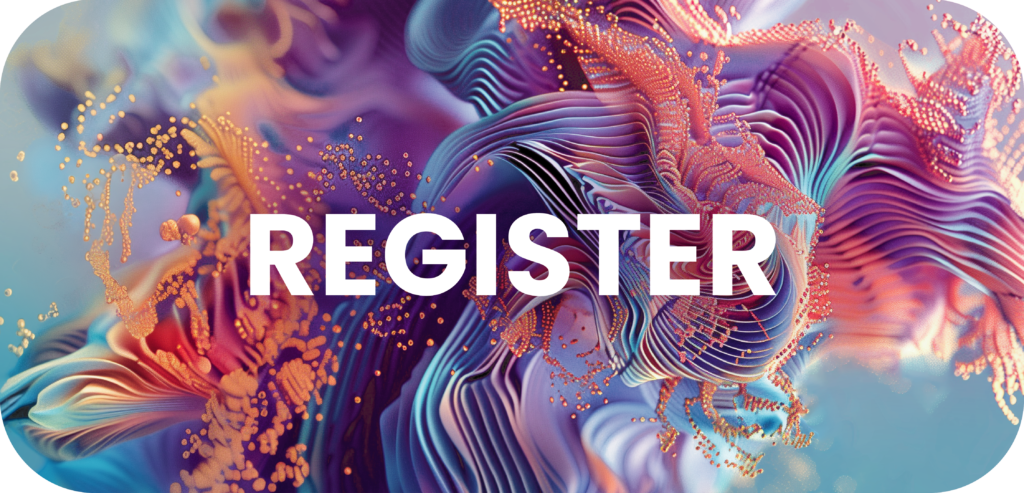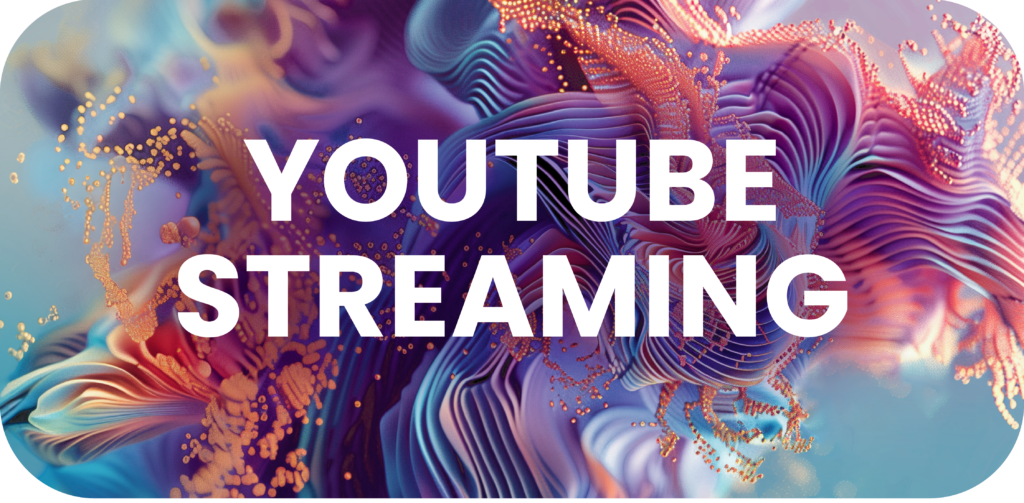Optimal Form: Optimal Formation
Instructors: Md. Rashed Hasan / Ashik Vaskor Mannan
Dates: 24, 25, 27 July / 09:00 – 12:00 EST
Themes: Computational Design
Software: Rhino / Grasshopper(Ladybug tools, Octopus & Galapagos)
Number of Students: 50
Workshop registration open until filled

Description:
We continue our journey into the cutting-edge intersection of artificial intelligence, computational design, and architectural optimization. This year, we focus on optimizing architectural designs through advanced tools and techniques. In This workshop will dive into the world of optimization in architectural design using Rhino Grasshopper’s “Octopus” & “Galapagos” plugin. Participants will learn to control the power of multi-objective optimization and environmental analysis with Ladybug tools. By manipulating multiple variables, we’ll explore how to achieve optimal designs that are both efficient and sustainable.
Objectives :
Understand Optimization in Architecture: Gain a foundational understanding of optimization techniques and their applications in architectural design.
Learn Advanced Tools: Develop skills in using Rhino Grasshopper, Octopus, Galapagos and Ladybug tools to optimize architectural forms.
Apply Multi-Objective Optimization: Learn to balance multiple design objectives and constraints to find optimal solutions.
Integrate Environmental Analysis: Utilize Ladybug tools to incorporate environmental data and simulations into the optimization process.
Produce Optimal Architectural Designs: Create innovative and optimized architectural designs through hands-on practice and real-world applications.
Detailed Schedule :
Day 1: 07/24 | 09:00 – 12:00 EST
- Overview of optimization techniques and their importance in architectural design.
- Introduction to Rhino Grasshopper, Octopus and the galapagos plugin.
- Introduction to Optimization in Architecture
- Introduction to environmental analysis using Ladybug tools.
- Integrating environmental data into the optimization process.
- Hands-on session: Getting started with basic optimization tasks. Using Ladybug tools for site analysis and environmental simulations.
Day 2: 07/25 | 09:00 – 12:00 EST
- Environmental Analysis with Ladybug Tools
- Multi-Objective Optimization with Octopus
- Understanding multi-objective optimization and its applications.
- Setting up and running optimization scenarios with Octopus.
- Hands-on session: Balancing multiple variables and objectives in design optimization.
- Advanced Optimization Techniques and Applications
- Exploring advanced optimization techniques and real-world applications.
- Case studies and examples of optimized architectural designs.
- Hands-on session: Applying learned techniques to complex design problems.
- Review and Presentation of Workshop Outcomes
Day 3: 07/27 | 09:00 – 12:00 EST
- Problem-solving session: Addressing individual participants’ challenges.
- Compilation and presentation of workshop results.
- Review and feedback on the designs and optimization processes.

Md. Rashed Hasan:
Md. Rashed Hasan has been a lecturer of Department of Architecture at the AIUB since 2013. He has won numerous national design competitions both as a student and as an architect. Apart from architecture, he is actively involved in education for Bangladesh’s socially disadvantaged children. Climate change and sustainability in Architecture, BIM in Architecture, script-based computer modeling and fabrication and its applications in various architectural aspects such as environment, form, structure as well as the use of artificial intelligence in architecture, are among his research interests. Moreover, he has conducted annual international online workshops with ‘DigitalFUTURE’ on computational design and AI for the last three years.

Ashik Vaskor Mannan:
Ashik Vaskor Mannan serves as a Senior Associate Professor within the Department of Architecture at AIUB. With tenure spanning over 17 years, commencing in 2006, he has dedicated his expertise to educating students in this field. Vaskor’s academic journey contains a B. Arch degree obtained from the BUET in 2001, followed by a M. Arch from DIA in Germany in 2006. Furthermore, he has honed his craft as a practicing architect, earning several accolades. His research interests encompass architecture and philosophy, cultural theories, as well as the application of artificial intelligence in the realm of creative design. Moreover, he has conducted annual international online workshops with ‘DigitalFUTURE’ on computational design and AI for the last three years.


